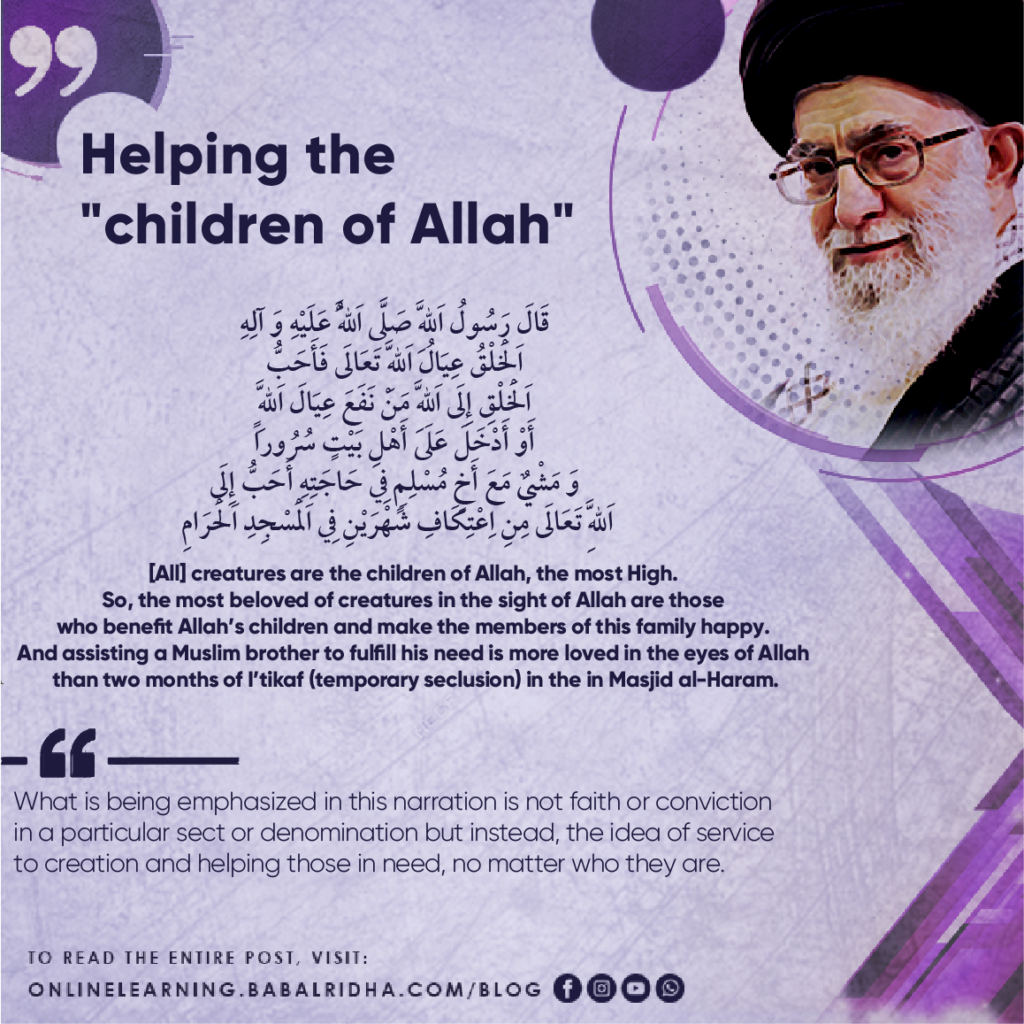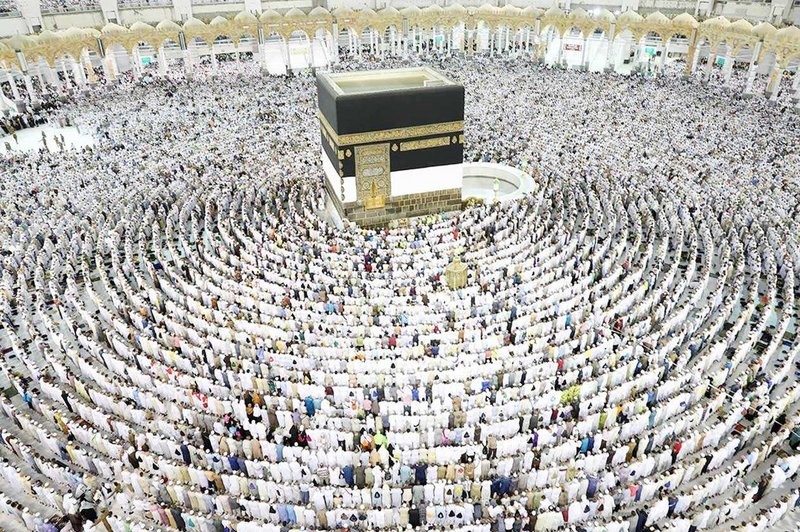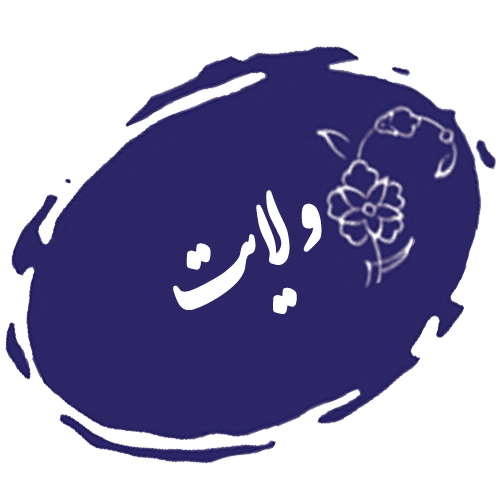Helping the ‘Children of Allah’

The Commander of the faithful narrated that the Holy Prophet,
قَالَ رَسُولُ اَللَّهِ صَلَّى اَللَّهُ عَلَيْهِ وَ آلِهِ : اَلْخَلْقُ عِيَالُ اَللَّهِ تَعَالَى فَأَحَبُّ اَلْخَلْقِ إِلَى اَللَّهِ مَنْ نَفَعَ عِيَالَ اَللَّهِ أَوْ أَدْخَلَ عَلَى أَهْلِ بَيْتٍ سُرُوراً وَ مَشْيٌ مَعَ أَخٍ مُسْلِمٍ فِي حَاجَتِهِ أَحَبُّ إِلَى اَللَّهِ تَعَالَى مِنِ اِعْتِكَافِ شَهْرَيْنِ فِي اَلْمَسْجِدِ اَلْحَرَامِ
[All] creatures are the children of Allah, the most High. So, the most beloved of creatures in the sight of Allah are those who benefit Allah’s children and make the members of this family happy. And assisting a Muslim brother to fulfill his need is more loved in the eyes of Allah than two months of I’tikaf (temporary seclusion) in the in Masjid al-Haram.
Just as a father would obviously love the child who helps his other children out the most and looks out for them, the most beloved creature in Allah’s eyes is the one who aids and assists His ‘children’. Allah refers to all of His creatures as His children metaphorically. What is important to note here is that Allah did not single out the believers but rather, included all humans. Furthermore, He said that the most beloved creature in His eyes is the one who serves the others and helps to fulfil their needs. In both cases, the ‘khalq’ – His creation – include both the ‘children of Allah’ as well as the one who is His beloved. Thus, what is being emphasized in this narration is not faith or conviction in a particular sect or denomination but instead, the idea of service to creation and helping those in need, no matter who they are.
The Prophet then says that going out with and accompanying your Muslim brother in pursuit of fulfilling his needs is greater and more loved by Allah than performing I’tikaf in the grandest of Mosques in Islam for two months. This portion of the narration is exclusive to your Muslim brother. Some people may read such a statement and think that the value of I’tikaf is less in comparison with other forms of worship. Contrarily, this narration seeks to elevate the status of helping your Muslim brother by comparing it to a very fundamental and major act of worship i.e. i’tikaf. However, there is a greater purpose in making this comparison. Allah is informing the believers that they should not think that it is better to occupy oneself with individual worship than to perform communal obligations because individual worship does not have a greater reward than helping others. Put simply, performing societal duties does not have a lower status in the eyes of Allah than individual worship, and individual worship on its own without the societal aspect is definitely incomplete. We can see how important it is to help our brothers and sisters, and we can see that helping is an act of worship when we examine the fatawa of the maraje’ with regards to helping a believer who calls for help, whilst the former is performing the compulsory tawaf of Hajj. The maraje’ have said that if you have reached the halfway point of your tawaf and you leave it to go help that Muslim in distress, you can return and carry on form where you left off. Thus, one should see social responsibilities and assisting his brother or sister to be a great act of worship that Allah loves more than those prayers offered in solitude.




